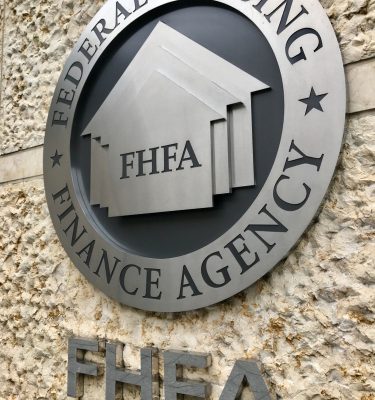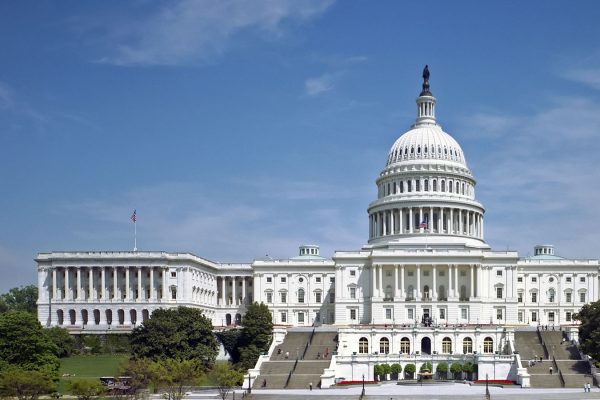News Release: Trump Administration Joins Big Banks to Roll Back Protection on Junk Fees
The Trump administration has joined a group of big banks in an effort to destroy a vital safeguard against credit card junk fees that would have saved consumers $10 billion per year. As documented by AFR’s Wall Street Ripoff Counter, every day this CFPB rule is not in place, credit card users lose $2.7 million. To date, the bank lawsuit and now the Trump administration actions have cost consumers over $8.3 billion.









